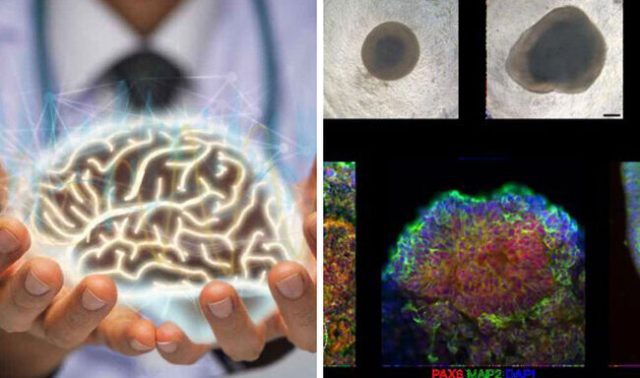
A team led by engineer Feng Guo from Indiana University Bloomington has developed a system called Brainoware, which integrates real human brain tissue with electronics. Brainoware uses brain organoids—three-dimensional mini-brains grown from human pluripotent stem cells—in conjunction with an array of high-density microelectrodes and artificial neural network technology known as reservoir computing. The electrical stimulation transports information into the organoid, where it is processed, and the system produces calculations in the form of neural activity. While slightly less accurate than a pure hardware computer running on artificial intelligence, the research marks an important step in a new kind of computer architecture.

The Brainoware system demonstrates the potential of using real human brain tissue to perform tasks such as speech recognition and math problems. The organoids, while not capable of thought, emotion, or consciousness, provide a more realistic environment for studying brain function compared to traditional artificial neural networks. This approach represents a novel way to advance neuromorphic computing, aiming to replicate the brain’s efficiency by combining biological processes with electronics. While the discoveries this new approach will lead to are significant, ethical considerations are emphasized by researchers, urging the community to examine neuroethical issues surrounding biocomputing systems that incorporate human neural tissue.















